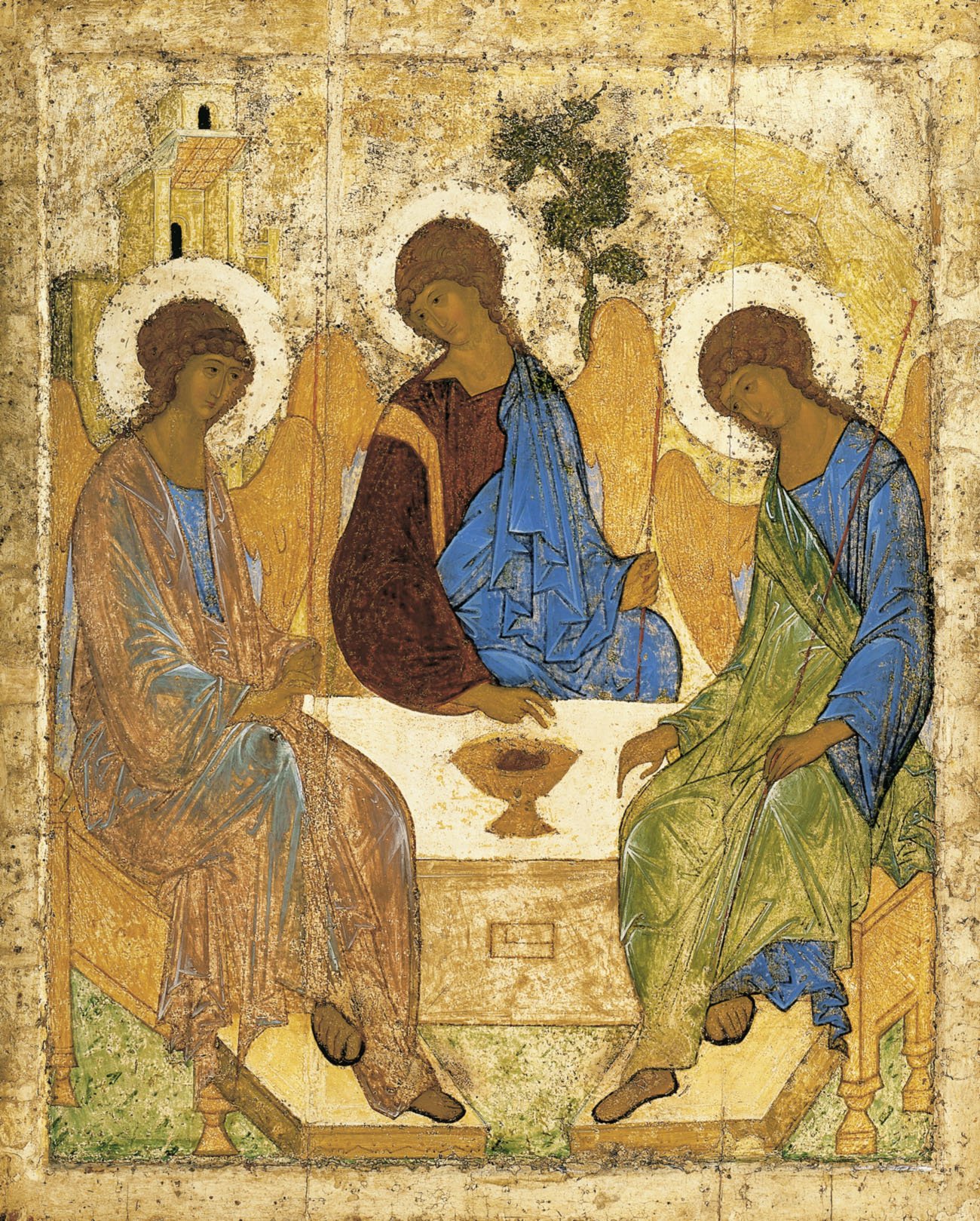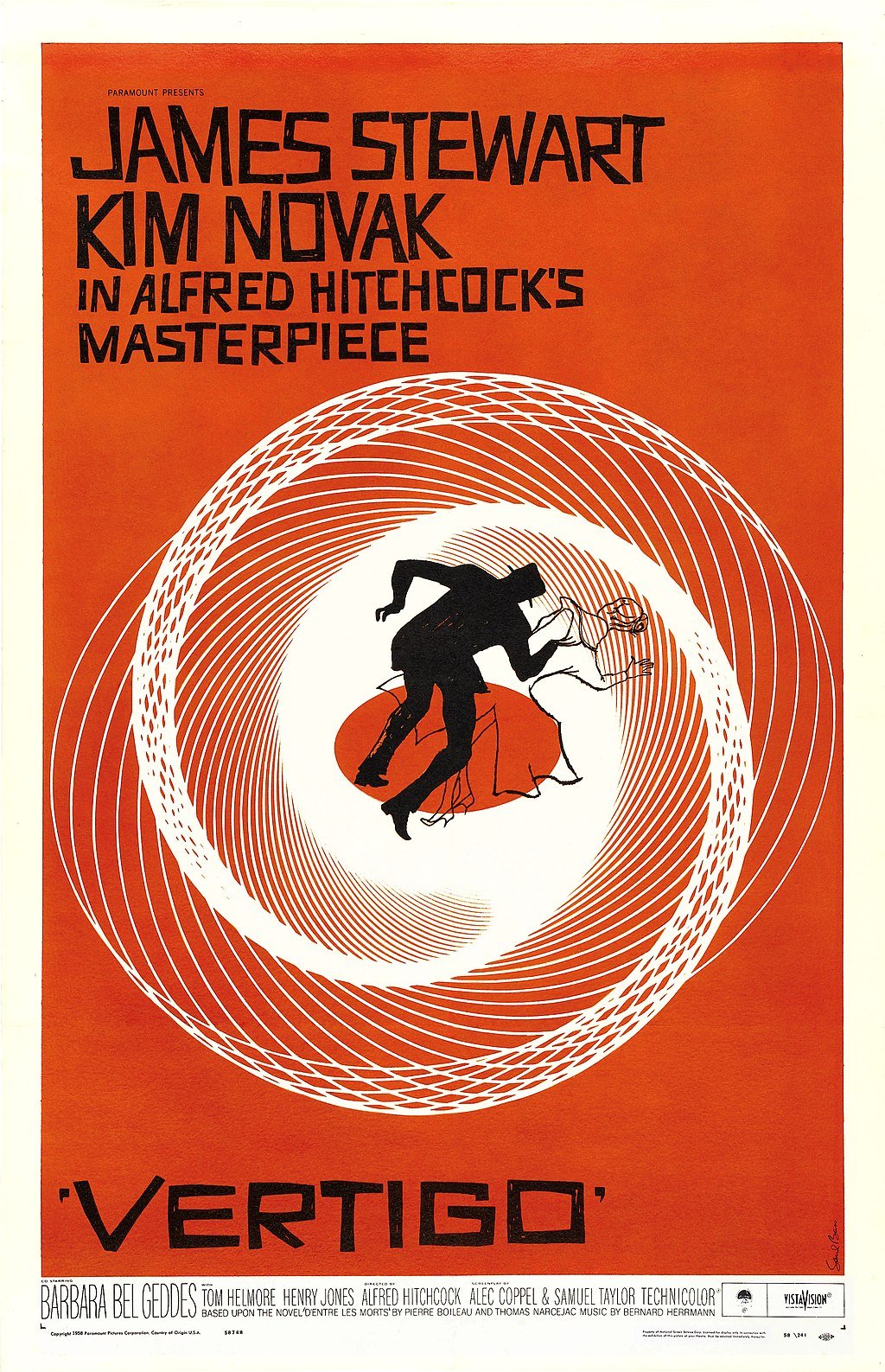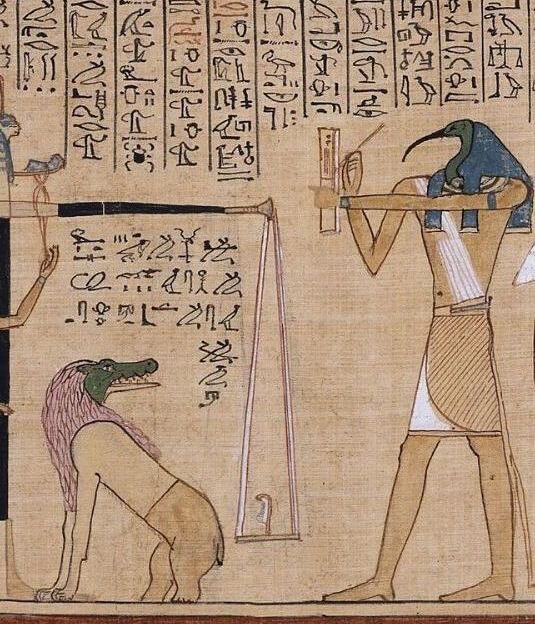24. “Hegel’s Ontological Argument Reconsidered,” Hegel Bulletin (forthcoming).
Abstract: This article offers a new account of the philosophical goals of Hegel’s version of the ontological argument. I argue that existing reconstructions of Hegel’s ontological argument have problematically emphasized Hegel’s indebtedness to either Spinoza or Kant, to the exclusion of the other. Then, I argue for a new view of the motivations for Hegel’s ontological argument: preserving the contingency of finite beings (against Spinoza) and the status of existence as a determination (against Kant), while denying that finite beings have complete concepts (against Leibniz). Hegel’s ontological argument thereby aims to reconcile pre-Kantian dogmatic-rationalist metaphysics and Kantian critical-transcendental philosophy in a higher unity.
23. “Kant on the ‘Wise Adaptation’ of Our Cognitive Faculties: The Limits of Knowledge and the Possibility of the Highest Good,” Kantian Review (forthcoming) [Early View]
Abstract: This article provides a new reconstruction and evaluation of Kant’s argument in §IX of the second Critique’s Dialectic. Kant argues that our cognitive faculties are wisely adapted to our practical vocation since their failure to supply theoretical knowledge of God and the immortal soul is a condition of possibility for the highest good. This new reconstruction improves upon past efforts by greater fidelity to the form and content of Kant’s argument. I show that evaluating Kant’s argument requires settling various other issues in the interpretation of his moral philosophy, e.g. his account of moral psychology, motivation, education, and development.
22. “Why There Must Be Something Rather than Nothing: A New Argument from the PSR,” European Journal of Philosophy (forthcoming) [Early View]
Abstract: This article offers a new argument that there must be something rather than nothing, grounded in the PSR. Inspired by the rationalist tradition running from Parmenides to Spinoza and Leibniz, I argue that there must be something rather than nothing because the contrary would constitute a violation of the PSR. In particular, I argue that, if there was nothing, there could be no sufficient reason for it, since nothing at all would exist to serve as a sufficient reason. Therefore, given the PSR, something must exist after all. After presenting and explaining this new argument, I consider a series of objections and replies, and develop some of its broader philosophical implications.
21. “Hegel’s Critique of Jewish Law: A Maimonidean Response,” Jewish Quarterly Review (forthcoming)
Abstract: This paper reconstructs and responds to Hegel’s critique of Jewish law. First, I present four of Hegel’s criticisms of Jewish legalism, spanning his early and late periods. Then, I offer a response to these criticisms informed by Maimonides’ canonical codification of Jewish law, arguing that—pace Hegel—Jewish law in fact meets several key Hegelian ethical desiderata. Finally, I suggest a Jewish counter-critique of Hegel’s own position informed by Maimonidean themes in post-Hegelian philosophies of Jewish law, which I argue pose a genuine challenge to Hegel’s ethics.
20. “War and Peace in the Marx Brothers’ Duck Soup: The Redemption of Comedy and the Comedy of Redemption,” Shofar: An Interdisciplinary Journal of Jewish Studies (forthcoming)
Abstract: This article investigates the themes of war and peace in the Marx Brothers’ Duck Soup (1933), to probe the ethical and political status of comedy. I compare opposed views on the relation between comedy and war in Hegel and Levinas in light of the film, while situating the Marx Brothers in the tradition of Jewish humour as interpreted by Freud and Cohen (among others). I argue that Duck Soup has become the Marx Brothers’ most widely celebrated film because it takes their comedy to its furthest extreme, insofar as it finds humour in the most extreme human phenomenon of war. As a satire of European militarism, nationalism, and authoritarianism, the film criticizes the abuses of power and violence that engender and perpetuate war. Ultimately, I suggest that Duck Soup redeems comedy from the charge of trivializing real historical tragedies, by demonstrating that comedy stands on the side of redemption itself, i.e. the hope for a future peace.
19. “Rosenzweig and Purim: Jewish History, Divine Hiddenness, and the Other Holiday of Redemption,” Journal of Jewish Thought and Philosophy (forthcoming)
Abstract: This article examines the relation between Rosenzweig and Purim. In the Star of Redemption, Rosenzweig excludes Purim from his account of the annual Jewish liturgical cycle, along with the other historical holidays. After reconstructing and rejecting Rosenzweig’s reasons for this exclusion, I propose a Rosenzweigian interpretation both of the Purim story and Purim practices. I argue that Purim should be considered a holiday of Redemption, whose narrative depicts the hidden hand of God in redeeming the world, and whose commandments and customs give us a foretaste of the redeemed world itself. Ultimately, pace Rosenzweig, I suggest that Purim ought to be regarded as the genuine redemptive climax of the liturgical year.
18. “Hegel and the Hollywood Western: Violence, Law, and the Right of Heroes in The Man Who Shot Liberty Valance,” Film-Philosophy (forthcoming)
Abstract: This article explores the conjunction of Hegel and the Hollywood Western through a close analysis of The Man Who Shot Liberty Valance, adjudicating between competing readings of Hegel by considering their varied application to the interpretation of the film. In particular, I examine how Pippin’s reformist reading and Žižek’s revolutionary reading of Hegel produce different understandings of key themes of the Hollywood Western, including violence, law, and the right of heroes. I argue that Pippin’s view of the central drama of The Man Who Shot Liberty Valance—the transition from the Old West to modern America, through a mythologized heroic act of lawless violence—is in fact much closer to Žižek’s Hegel than to his own. Specifically, Tom Doniphon emerges as a model of the Hegelian world-historical individual, whose passions bring about a revolutionary historical transformation, but who ultimately faces his own personal tragic end. I further consider the relevance of these ideas to a diagnosis of the contemporary world, especially the contemporary United States, where the intersection of violence, law, and heroism remains as relevant as ever.
17. “From Nature to Spirit in Hegel’s Encyclopedia: Sex, Death, and Quantum Physics,” Crisis and Critique (forthcoming)
Abstract: This article investigates the transition from Nature to Spirit in Hegel’s Encyclopedia. First, I reconstruct the disagreement on the Nature-Spirit relation between readers of Hegel committed to Analytic neo-pragmatic naturalism and Continental speculative materialism, represented by Robert Pippin and Slavoj Žižek, respectively. Then, I turn to a debate internal to the materialist approach to Hegel, between Žižek and Adrian Johnston, regarding the best way to account for the development of Spirit out of Nature: either quantum physics or neuroscience. Next, I examine Hegel’s views on sex and death at the end of the Philosophy of Nature, through which the transition is made to Spirit, in conversation with Žižek’s critical readings of the same. Finally, I offer a new account of this transition in terms of Hegel’s conception of ‘decision’ (Entschluss), whereby the animal organism makes the undecidable decision to break with Nature and become human, i.e. Spirit.
16. “Derrida’s Neoplatonic Critique of Hegel: On the Gift of Being in Glas,” Hegel Bulletin (forthcoming) [Early View]
Abstract: This article argues that Derrida’s critique of Hegel in Glas should be understood as a modified Neoplatonic critique. Specifically, Derrida claims that Hegel’s systematic philosophical account of the speculative identity of Thought and Being is in fact conditioned by the prior unconditional gift of Being, which necessarily lies outside the Hegelian system. I argue that this gift of Being should be understood in terms of the Neoplatonic conception of the One, which likewise gives the gift of Being, while itself remaining beyond Being. After reconstructing Derrida’s critique, I consider and evaluate possible Hegelian responses, drawing on Hegel’s own reading of Neoplatonism.
15. “Hegel after Post-Structuralism: From Absolute Idealism to Speculative Materialism,” The Owl of Minerva (forthcoming)
Abstract: This paper reconstructs and evaluates a new reading of Hegel associated with ‘speculative materialism’ in contemporary French philosophy, considered as a response to post-structuralism. In §1, I offer a brief sketch of the denial of the Absolute in 19th and 20th century European philosophy after Hegel, with its culmination in French post-structuralism. In §2, I reconstruct a contemporary Hegelian response to post-structuralism, via a recovery of the Absolute. In §3, I further elaborate the speculative materialist reading of Hegel in current Continental philosophy, in both theoretical and practical terms. In §4, I consider objections to this speculative materialist Hegelianism raised by defenders of post-structuralism, by other new materialists (Badiou and Meillassoux), as well as by proponents of a more traditional idealist reading of Hegel.
14. “Hegel, Badiou, and Cinema: On the Absolute Art,” Journal of Continental Philosophy vol. 5, no. 2 (2024): 263-289. [Link]
Abstract: This article offers three supplements to Badiou’s claim that Hegel would have regarded cinema as the absolute art, had he lived to see it. First, I argue that we can understand Badiou’s proposed sublation of theatre by cinema on analogy to Hegel’s account of the sublation of sculpture by painting, both of which entail a transition from three-dimensionality to two-dimensionality. Second, I argue that we can understand Badiou’s proposed sublation of comic negativity by cinema on analogy to Hegel’s account of the sublation of comedy by the Revealed Religion, thereby demonstrating cinema to be the revealed art. Third, I argue that Hegel’s philosophy contains the necessary resources for recognizing the novelty of the aesthetic event of cinema, in the precise Badiousian sense, after the so-called ‘end of art’. Yet I suggest that this ultimately proves to bring Hegel much closer to Badiou than Badiou himself supposes.
13. “Plato and Descartes in Levinas’s Totality and Infinity: Teaching the Good and the Infinite,” Idealistic Studies vol. 53, no. 1 (2023): 53-74 [link]
Abstract: This article investigates Levinas’s readings of Plato and Descartes in Totality and Infinity, in relation to the question of teaching. Levinas identifies Plato’s Form of the Good and Descartes’s idea of the infinite as two models for his own conception of the Other. Yet while Levinas lauds Descartes’s theory of teaching, he is highly critical of Plato’s. Plato’s theory of teaching as recollection or maieutics is judged by Levinas to display merely the circular return of the Same to its own interiority. In contrast, the Cartesian God supplies the idea of the infinite to a subject incapable of generating it for itself, offering an account of teaching that respects the Other’s transcendent exteriority. I nonetheless argue for the possibility of a rapprochement between Levinas and Plato with regard to teaching. Ultimately, this serves to bolster Levinas’s own theory of teaching, for which both Plato and Descartes can rightly serve as fitting predecessors.
12. “Repentance and God’s Pardon in Spinoza’s Theological-Political Treatise: On the Truth of Doctrine 7 of Universal Faith,” Journal of the History of Philosophy vol. 60, no. 4 (2022): 591-608 [link]
Abstract: This article argues for an interpretation of doctrine 7 of universal faith in Spinoza’s Theological-Political Treatise—that God pardons the sins of those who repent—that renders it true in the terms set by Spinoza’s Ethics. Though categorized in the Ethics as a vice, repentance nevertheless has a positive political function as the lesser of two evils, supplanting the greater evils of unrepentant pride and shamelessness. The philosopher can understand God’s pardon as the natural advantage conferred by repentance itself insofar as it supplants those greater evils. This pardon arises through the laws of Nature (God’s mercy and grace), which are equally responsible for that very repentance. The philosophical truth of the doctrines of universal faith ensures that freedom of philosophizing can be granted without harm to the peace or piety of the Republic and cannot be denied without destroying the same.
11. “Hegel and Hitchcock’s Vertigo: On Reconciliation,” Film-Philosophy vol. 26, no. 2 (2022): 196-218 [link]
Abstract: This article reconstructs and evaluates a debate between Pippin and Žižek over the proper interpretation of Hitchcock’s Vertigo, in relation to Hegel’s concept of reconciliation. Both Pippin and Žižek agree that Vertigo exemplifies Hegelian reconciliation: Scottie exhibits Hegel’s reconciliatory “negation of negation” when he realizes that his lost love Madeleine had really been Judy all along, thereby losing his original loss. Yet Pippin and Žižek disagree on the precise significance of the concept of reconciliation both for the film and for the contemporary world. Žižek argues for a revolutionary reading of reconciliation in Vertigo: we learn from reconciliation that we must make a revolutionary break from the present world, in order to bring about a wholly new world. Pippin argues for a reformist reading of reconciliation in Vertigo: we learn from reconciliation that we must find the “traces of reason” latent in the present world, in order to gradually reform it for the better. Ultimately, I argue that Žižek’s reading offers the more authentically Hegelian approach to interpreting Hitchcock’s Vertigo. But if nothing else, the Pippin-Žižek debate demonstrates the profound intellectual fecundity of the intersections between film and philosophy for understanding our current historical moment.
10. “Levinas, Adorno, and the Light of Redemption: Notes on a Critical Eschatology,” Puncta: Journal of Critical Phenomenology vol. 4, no. 2 (2021): 43-62. [link]
Abstract: This article brings Levinas and Adorno into conversation as an experiment in a broader effort within critical phenomenology to integrate phenomenology and critical theory . Both thinkers’ central concern with a redemptive or messianic futurity provides the basis for a shared critical eschatology, in which Levinas and Adorno mutually illuminate and enrich one another’s thought. In particular, I argue that Levinas’s and Adorno’s respective critical eschatologies share three key features: a fundamental ethical responsibility toward that which exceeds systematization or totalization (the Other and the non-identical, respectively), a refusal of philosophical theodicy in view of the historical catastrophes of the 20th century, and a foregrounding of ‘the light of redemption’ as the key methodological tool proper to the recognition of the preceding concerns.
9. “Kristeva vis-à-vis Hegel: Forgiveness as Psychoanalytic Interpretation and Absolute Knowing,” Philosophy Today vol. 65, no. 3 (2021): 673-690 [link]
Abstract: This article reconstructs and compares Kristeva’s account of psychoanalytic interpretation as a practice of forgiveness with Hegel’s account of the origin of Absolute Knowing in the forgiveness constitutive of mutual recognition. An emphasis on homologies between the memory-work of Kristevan psychoanalysis and the recollective process of Hegelian Absolute Knowing elicits deeper affinities between Kristeva and Hegel than have previously been supposed. Both Kristevan and Hegelian forgiveness operate as the healing of an originary guilt, achieved through the verbal confession and examination of the confessor’s particular biographical and historical past, negating and raising up—sublating or sublimating—the contradictions of consciousness. Psychoanalysis and Absolute Knowing both enact in the present the reconciliation which religion perpetually defers to an unspecified future. While not replacing the institution of legal punishment, Kristevan and Hegelian forgiveness qua personal and social renewal and rebirth provide for the possibility of radical political transformation.
8. “‘Everyone Says I Love You’: Four Comic Encomia on Love in the Marx Brothers’ Horse Feathers,” Canadian Journal of Film Studies vol. 30, no. 2 (2021): 22-48 [link]
Abstract: This article analyzes the four versions of the song “Everyone Says I Love You” in the Marx Brothers’ film Horse Feathers (Norman Z. McLeod, 1932) as four comic encomia on love in the tradition of Plato’s Symposium. Like Plato’s guests, Zeppo, Chico, Harpo, and Groucho Marx each offer a different view of love and its virtues that follow one another in a developmental sequence. With Hegelian dialectics and Lacanian psychoanalysis in mind, I interpret the Marx Brothers’ encomia in order to triangulate between love, philosophy, and comedy. Ultimately, I argue for their fundamental inseparability: the comedian and the philosopher, Groucho and Socrates, are two species of the lover.
7. “Faith in/as the Unconditional: Kant, Husserl, and Derrida on Practical Reason,” Derrida Today vol. 12, no. 2 (2019): 171-191 [link]
Abstract: This article tracks Derrida's readings of Kant and Husserl as they explore the relation between, on the one hand, faith and knowledge, and on the other, theory and practice (theoretical and practical reason). Kant had to limit the scope of theoretical knowledge in order to make room for a practical faith in the rational ideas of the unconditioned (God, freedom, and immortality), generated through the unconditionality of the moral law. Husserl deployed the figure of ‘the Idea in the Kantian sense’ at those crucial moments in the exposition of his transcendental phenomenology where the unconditioned comes into play, a problematic strategy that Derrida judges to have revealed the limits of the phenomenological project. While Husserl's call for an unconditional theoretical and practical renewal of faith in reason appears to offer him an out, Husserlian faith is ultimately dependent on an untenable circularity, to which the Kantian variety also succumbs. Only Derrida's unconditional gift of faith can save the honour of reason from its mortal crisis, but in a manner that is itself not wholly a matter of reason.
6. “Recognition and Hospitality: Hegel and Derrida,” Symposium: Canadian Journal of Continental Philosophy vol. 23, no. 2 (2019): 159-182 [link]
Abstract: This article imagines an alternative outcome to Hegel’s life-and-death struggle for recognition, one commensurate with Derrida’s critique of Hegel’s allegedly reserved negativity. Rather than producing lord and bondsman, the struggle is shown to be capable of producing a host and a guest, operating under the relation of hospitality. Pitt-Rivers’s reinterpretation of Boas’s classic ethnographic account of Inuit hospitality provides a model for the emergence of the alternative outcome. Derrida’s equation of deconstruction with hospitality illustrates its fundamental differences from Hegelian dialectics, expanding the significance of the struggle and its outcomes to the meaning of Hegel’s philosophy as a whole.
5. “Adorno on Kierkegaard on Love for the Dead: Mourning and Melancholia,” Idealistic Studies vol. 49, no. 2 (2019) [link]
Abstract: This article employs Freud’s distinction between mourning and melancholia to clarify Adorno’s reading of Kierkegaard. Adorno finds in Kierkegaard’s view of love for the dead both the consummate reified fetish of our instrumentalizing exchange society, and the only unmutilated relation left to us in our otherwise thoroughly damaged lives. Adorno’s negative dialectics emerges as the melancholy science resulting from a disfigured mourning’s present impossibility, upholding a material moral motive rooted in the unmournability of historical catastrophe. Yet this very melancholia also proves to be the last unlikely refuge of hope—in a Kierkegaardian sense—for a future redemption.
4. ““Ulysses' Craft": Euripides and Levinas,” Journal of Dramatic Theory and Criticism vol. 32, no. 2 (2018): 7-25 [link]
Abstract: This article presents an analysis of the genre of the satyr play through the conjunction of its single extant example—Euripides' Cyclops—and the work of Emmanuel Levinas. Levinas maintains that Ulysses' craft (μῆτις or "cunning intelligence")—on display in the ruses perpetrated against the titular monster—is the essence of war. Yet through Marcel Detienne and Jean-Pierre Vernant's interpretations of "cunning intelligence," as well as comparisons of Levinas's positions with those of Nietzsche and Plato, an alternative view is available, one that would recast Ulysses' craft as the cunning necessary to manifest the infinity of peace within the totality of war. As middle terms between ancient Greek tragedy and comedy, Cyclops and the genre of the satyr play to which it belongs perform this ethical mediation. Ulysses' craft is thus also Euripides' craft: the craft of the satyr play, and even of the dramatic as such.
3. “With 'the delicacy of a bear': Lévi-Strauss, Derrida, and the logic of anthropology,” Distinktion: Journal of Social Theory vol. 18, no. 1 (2017): 18-40 [link]
Abstract: The Lévi-Strauss/Derrida debate saw two of the great minds of the twentieth-century wrestle with some of the most vexing problems of anthropological theory: the relationship between speech and writing, the violence of social life, and the logic (or lack thereof) of anthropology itself. A careful consideration of the debate uncovers three oscillations present in Lévi-Strauss’ corpus: between the affirmation and negation of the law of the excluded middle, the reducibility of the human sciences to the natural sciences, and the value of philosophy. Outside the confines of the debate itself, Derrida’s celebration of Lévi-Strauss for his embracing of myth and bricolage nevertheless reveals a particular reluctance toward that embrace on Lévi-Strauss’ part – a modality of nostalgia, manifest within the debate, for a lost presence of speech. Speech act theory sheds further light on a certain underlying unity of speech and writing, the limitations of the law of the excluded middle, and what may have really transpired in the incident that sparked the debate. Ultimately, Lévi-Strauss’ taxonomy of and implication in science, myth, and art – with respect to the debate and beyond – signify that anthropology can be and in fact is all three.
2. “On shipwrecks and sea nymphs: Fragments of Maltese hospitality,” Hospitality & Society vol. 7, no. 1 (2017): 3-18 [link]
Abstract: In the Acts of the Apostles, St. Paul is shipwrecked on the shores of Malta, and through the welcome granted to him the archipelago’s inhabitants are converted to his new religion, while in the Odyssey, the sea nymph Calypso keeps Odysseus prisoner on Malta for seven years until freed by the gods. Tourists, refugees, expatriates, migrants, investors and ethnographers (not necessarily mutually exclusive and certainly not unproblematic categories) in Malta today find themselves caught in one or more junctures between these two poles of hospitality. For Derrida too hospitality is constituted by a double injunction, an aporia between the unconditional and the conditional, simultaneously mutually necessary and mutually contradictory. With these two accounts of divided hospitality in hand, and on the basis of fieldwork in Malta, this article explores the operations of multiple overlapping levels of political, social, cultural, economic, religious and ethnic conditions placed on hospitality, whether at the level of households, communities, States and so on. Particular attention is given to the ways in which such conditions do or do not manifest the inspiration and aspiration of unconditionality through what Derrida dubs ‘intermediate schemas’ between the conditional and the unconditional, as well as to defending the usefulness of the Derridean understanding of hospitality for ethnography.
1. “In Search of a Schema: Derrida and the Rhythm of Hospitality,” Colloquy: Text, Theory, Critique vol. 31 (2016): 16-33 [link]
Images (top to bottom):
Trinity - Andrei Rublev (15th century)
Ladder of Divine Ascent - Saint Catherine's Monastery, Sinai Peninsula, Egypt (12th century)
The Ancient of Days - William Blake (1794)
Moses Breaking the Tablets of the Law - Rembrandt (1659)
Duck Soup - Paramount Pictures (1933)
The Festival of Esther - Edward Armitage (1865)
The Man Who Shot Liberty Valance - Paramount Pictures (1962)
Death and Life - Gustav Klimt (1910)
New York Movie - Edward Hopper (1939)
The Sower (Sower at Sunset) - Vincent van Gogh (1888)
CMS Higgs Event - Lucas Taylor/CERN (1997)
Socrates Instructing the Young on Self-Knowledge - Pier Francesco Mola (c. 1660)
Repentance of St Peter - Gerard Seghers (1625-1629)
Theatrical film poster for Vertigo - Saul Bass (1958)
La Jérusalem céleste - Tapisserie de l'Apocalypse du Château d'Angers, France (14th century)
The Return of the Prodigal Son - Rembrandt (1668)
The 4 Marx Brothers in "Horse Feathers" - The Film Daily (1932)
The Personification of Faith - Francesco Solimena (c. 1725-1730)
Jupiter and Mercurius in the House of Philemon and Baucis - Peter Paul Rubens (1630-33)
Antigone au chevet de Polynice - Jean-Joseph Benjamin-Constant (1868)
Odysseus and Polyphemus - Arnold Böcklin (1896)
Papyrus of Hunefer (c. 1275 BCE)
Saint Paul in Malta - Anonymous (1689)
Sonata in A, G.4 (III. Affettuoso), Manuscript - Luigi Boccherini
All images are in the Public Domain























